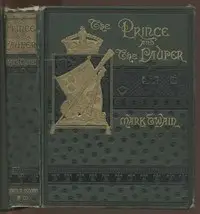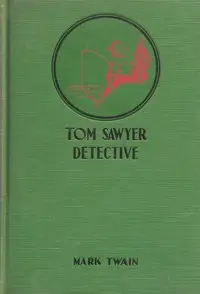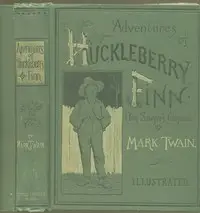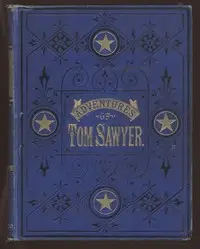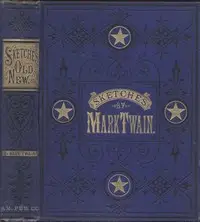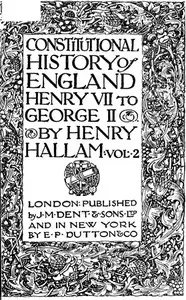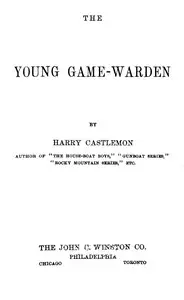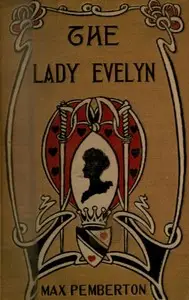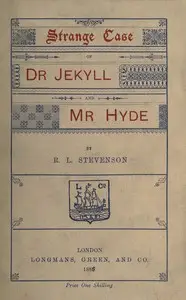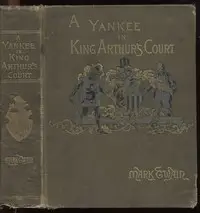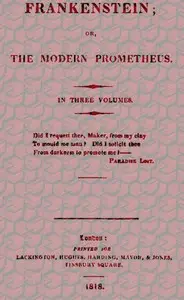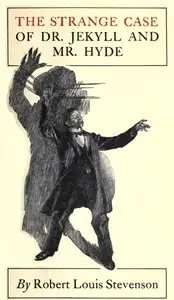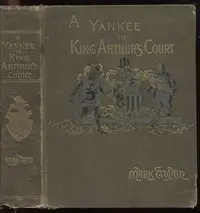"A Connecticut Yankee in King Arthur's Court, Part 1" by Mark Twain is a satirical novel written in the late 19th century, during a time when America was grappling with its identity and place in the world. The book combines elements of fantasy and historical fiction, exploring themes of technology, culture, and the clash of societies. It follows the journey of a modern-day American, Hank Morgan, who inexplicably finds himself transported back to the time of King Arthur and the Knights of the Round Table. In this whimsical and thought-provoking tale, Hank Morgan, a practical and resourceful individual from Connecticut, becomes embroiled in the medieval world of Camelot after being knocked unconscious by a blow to the head. Faced with the absurdity and brutality of the society surrounding him, Hank attempts to use his 19th-century knowledge and technical skills to improve life in Arthur's court. He devises a plan to demonstrate the power of modern inventions, outwitting the superstitious knights and attempting to reshape the medieval society. However, as Hank navigates the complexities of power, magic, and the human condition, he discovers the unforeseen consequences of his ambitions, ultimately reflecting on the nature of progress and the follies of both the past and the present. (This is an automatically generated summary.)
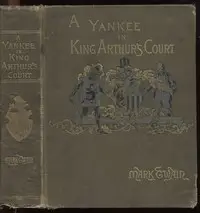
A Connecticut Yankee in King Arthur's Court, Part 1.
By Mark Twain
"A Connecticut Yankee in King Arthur's Court, Part 1" by Mark Twain is a satirical novel written in the late 19th century, during a time when America ...
Samuel Langhorne Clemens, known by the pen name Mark Twain, was an American writer, humorist, and essayist. He was praised as the "greatest humorist the United States has produced," with William Faulkner calling him "the father of American literature." Twain's novels include The Adventures of Tom Sawyer (1876) and its sequel, Adventures of Huckleberry Finn (1884), with the latter often called the "Great American Novel." He also wrote A Connecticut Yankee in King Arthur's Court (1889) and Pudd'nhead Wilson (1894) and cowrote The Gilded Age: A Tale of Today (1873) with Charles Dudley Warner.

